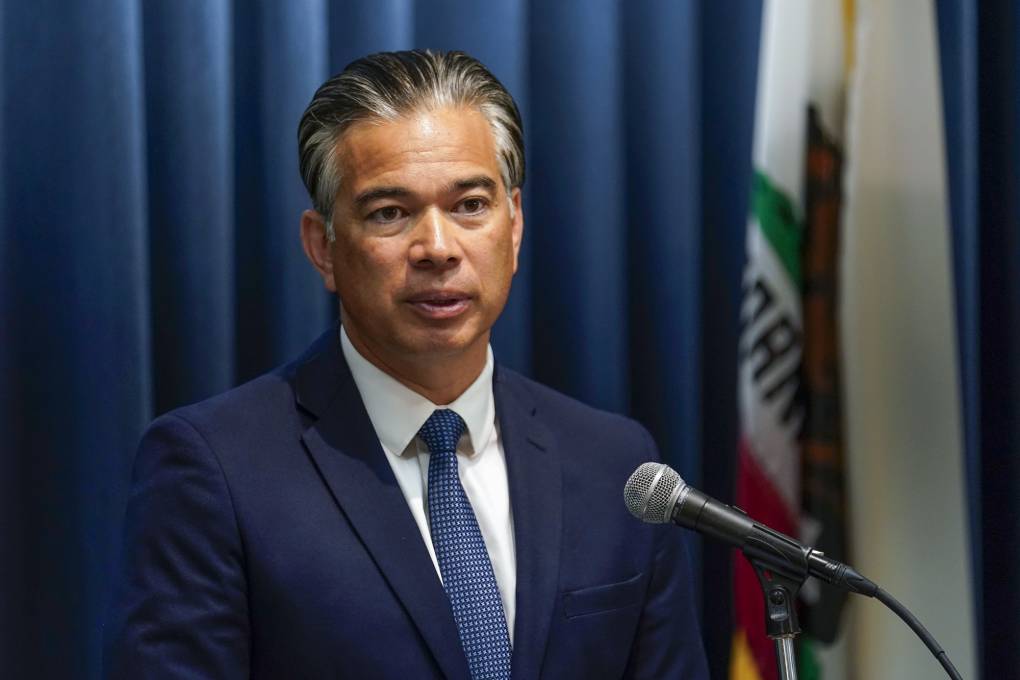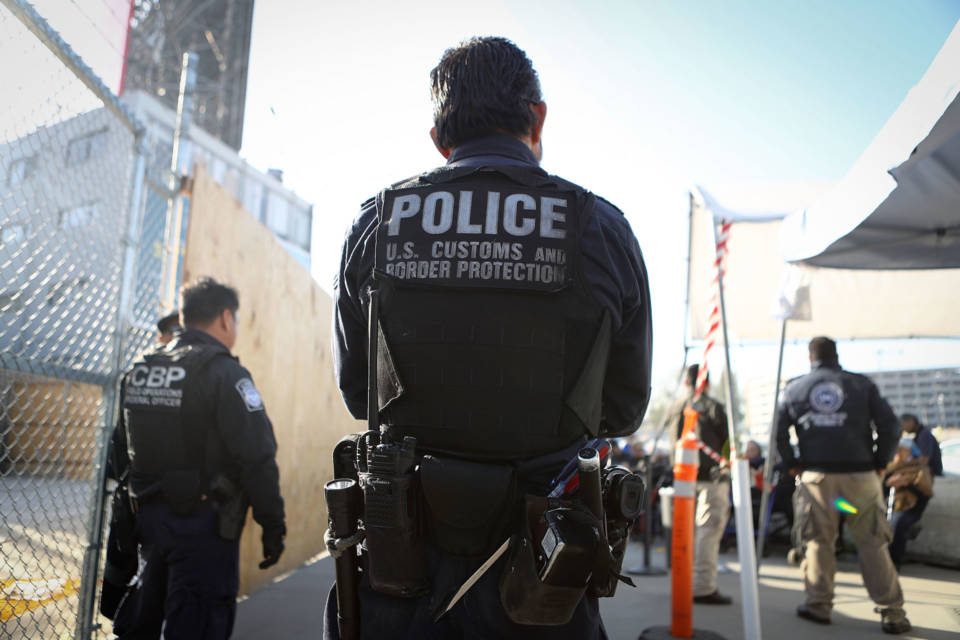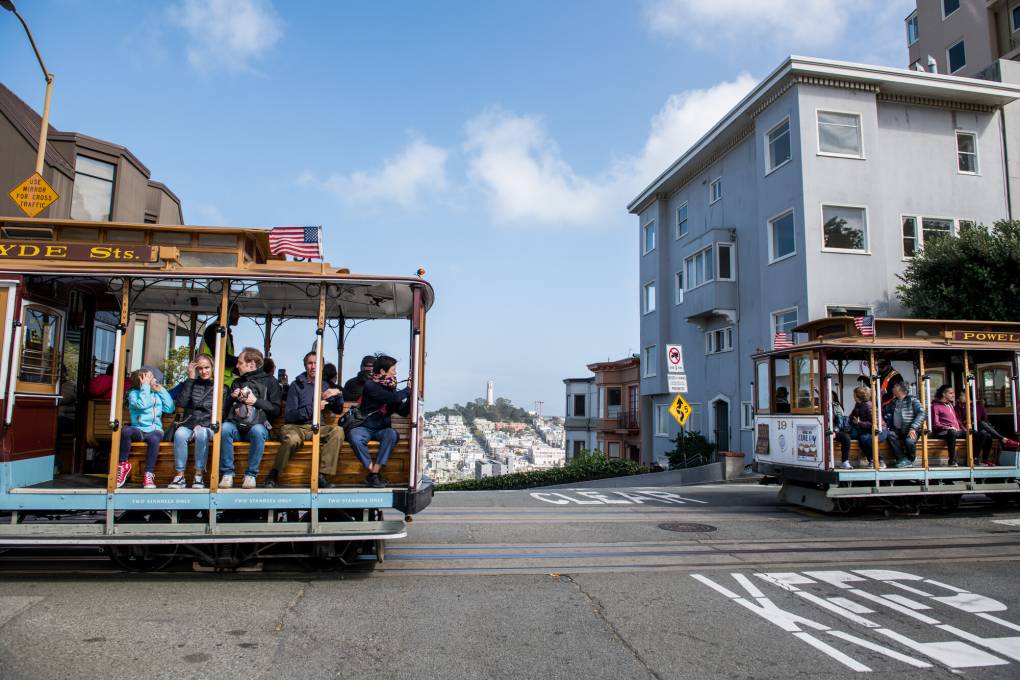During the pandemic, we were shut down for about 18 months. When you have that kind of impact, it doesn’t rebound overnight, and so we were just getting back to the level of tourism it was pre-pandemic … And now to have this sort of unforced error, if you will … It’s a significant hit.
The local impact on the ground
Hillan: Hotels have what’s called a TOT tax, which stands for transient occupancy tax. That goes only to the municipality — it is not shared like other taxes. So when a city’s budget has a deficit, which many of our cities do, unfortunately, right now, they are very dependent on that tax. When we don’t have as many visitors, it impacts the services — and to some degree, the tax status of our municipalities.
Cassady: When any travelers are here, whether they’re snowbirds or domestic or from Los Angeles or San Diego travelers, they’re dining in the restaurants, attending shows and events, going to fundraisers and donating to nonprofit organizations. They’re participating just like a local would because they’re here for such a long period of time.
And I think without those folks being here, it’s going to ripple out into sales tax and support for local organizations. And there are definitely jobs that are probably on the line. If a restaurant is not going to be as busy, they’re not gonna need as much staff.
Branson-Potts: There are small towns there that are also relying upon this tourism, and they are very, very scared.
Palm Springs Mayor Ron deHarte, just like Newsom, posted his own social video a couple of days ago, addressing Canadians. And he said, “Please know that you’re welcome and appreciated here.” So this is being taken very, very seriously.
Hillan: In 2026, we have the World Cup coming, and then in 2028, we have the Olympics.
And so I think the reason we remain optimistic, even though it’s a difficult period right now, is because those are huge international events, and are going to attract visitors from across the globe — visitors that will be staying for a long time.





